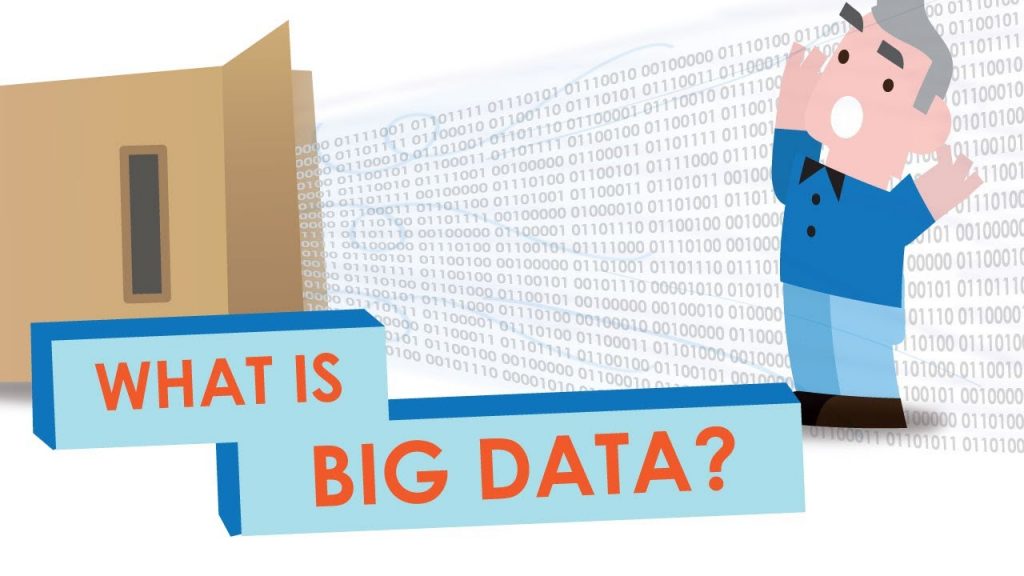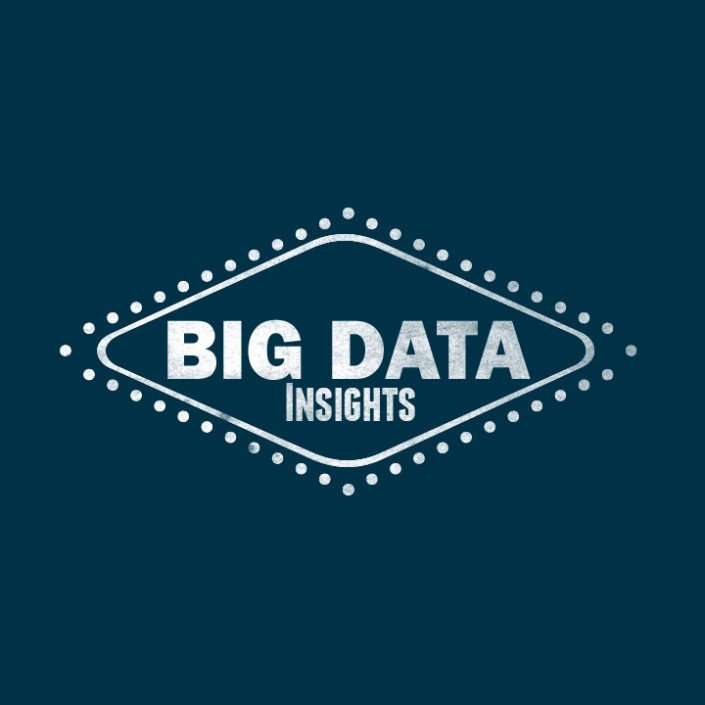The growth of big data and its incorporation in businesses and other fields has completely changed how our world works. Unfortunately, big data is a lot like a lightsaber, it can cut both ways. Much as it is proportionately advantageous, it is not without its dangers. Which then presents a conflict. Is it good or bad? Is it a path to the dark side? or towards the light? This article offers a comprehensive look at big data for those looking for an informed decision.
What is Big Data?
Big data refers to the processing of complex sets of data collected from sources both within and outside a company. The data works as a comprehensive source for analytics and discovery. In line with the three-dimensional approach defined by Gartner relating to the growth of data challenges and opportunities, big data is high-volume, high-variety, and high-velocity data. The processing of which typically requires complex algorithms and models. This has prompted specialization in the field of statistics that extends beyond the three dimensions. These fields have come to expand into machine learning, predictive models, and artificial intelligence.
What can Big Data bring in 2018?
Science and research
Science and research are some of greatest beneficiaries when it comes to big data. It is utilized in many aspects such as in gene sequencing, cancer research, and more. The possibilities are endless, albeit marred by competition, ineffective analysis, and poor interpretation tools. However, despite such complications, big data can greatly improve our approach to science and help solve some serious problems come 2018. In particular, big data can has the potential to completely revolutionize healthcare systems. Cutting down the research time for treatments and improving their efficiency of delivery.
Business optimization
Many businesses have incorporated big data into their operations and the growth they have seen has been phenomenal. Analytics of big data has changed the consumer experience through improved marketing and sales, and has completely changed how businesses operate. And we will only see this trend grow in 2018. There will be opportunities in the fields of consumer-centered strategies and business communications for those knowledgeable in big data applications.
The rewards gained by being able to offer a personalized service to each individual are immense. Improved operational efficiency gained by insights offered by data analytics offer huge savings to the bottom line. Being able to combine a more enjoyable customer experience with improved efficiency has the will make a large impact on a business’ bottom line.
What are the dangers of Big Data in 2018?
Even with its vast potential, the exploitation of big data poses as a threat to our security and privacy. While the NSA spying on citizens isn’t exactly new information, their controversial use of big data to do so is one such example of the dangers big data poses. Cybercrime has grown tremendously in recent years, with 2017 being a particularly catastrophic year. The trend suggests an increase in the sophistication of cybercrime. Unfortunately for us, big data could provide cybercriminals with all the tools they need to exploit us.
The increase in social engineering also presents a huge risk factor for us. Big data can be used to compile comprehensive reports which can be used to manipulate us. This threat was made apparent by the revelation that Facebook had subjected unknowing users to psychological experiments via their news feed. The growth of the Internet of Things (IoT) can potentially make the situation worse by creating instances where hacking could be life-threatening. One of the greatest dangers posed by big data in 2018 is to our digital rights and liberties, such as the right to privacy.
An even more pressing issue is the fact that big data has the potential of invalidating current cybersecurity measures. If this were to happen, VPNs, antivirus, firewall software, and many other measures would all be obsolete. Leaving us completely defenseless against cybercriminals. For instance, it is already impossible to completely anonymize data files, which means our privacy is already compromised. The continued increase in data privacy issues could result in a completely insecure internet.
The negative perception that corporations have the tools of big-data that can be used to exploit their customers, is not something that should be ignored.
Is Big Data a positive or destructive force?
This is the million-dollar question and the answer lies in evaluating the costs against benefits. Big data, much like The Force, is a neutral entity. How it is used determines whether it is positive or destructive. The benefits to our lives are numerous but the cost of our privacy is not insignificant. Currently however, the benefits outweigh the costs, meaning that as it stands big data is a positive force. The influence of its positivity can be seen and felt in the growth of beneficial technologies, improved environmental policies, superior healthcare services, and better business strategies and products.
Nevertheless, as time goes by we might see a shift. We would be ignorant to assume that big data will only be limited to cybercrime. Therefore, part of the focus of big data should be finding ways to curb its misuse. If we were to improve our security, without infringing on our digital rights and liberties, then big data would remain a positive force.
Takeaway
Is big data the path of the Jedi or the Sith? I’d say it is largely that of the Jedi; a force of good. However, like the actual Force, it needs to be used for good and to fight evil. Proper implementation, monitoring, and control of data access that corporations and governments have could all be steps in the right direction. Big data is far too beneficial to ignore, much like the internet, and one can only hope that in the end, despite all the risks and dangers, it be used positively.




